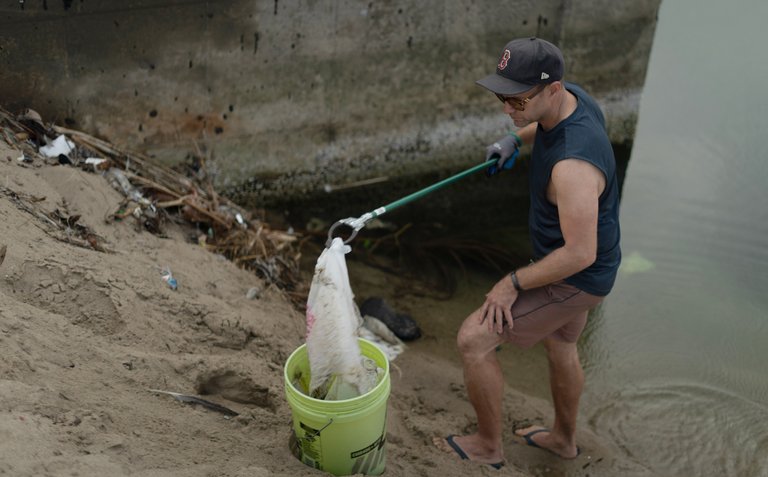The imposition of restrictive measures on plastic bags significantly reduces coastal pollution

A study carried out in the United States has shown that the implementation of restrictive policies on plastic bags significantly reduces coastal pollution. As a result of these measures, the number of plastic bags collected during coastal cleanings was reduced by 25-47% compared to areas that have not undergone similar regulation. In addition, it has been observed that this reduction is increasing and that no backward trend occurs. The results are published in the journal Science.
More than a hundred countries have implemented measures in recent years to reduce the use of plastic bags. But the impact of these policies on plastic pollution in the marine environment has not been measured on a large scale. In this case, tens of thousands of cleanings on the U.S. coast, and more than 600 restrictive measures imposed between 2007 and 2023 have been studied.
While it’s not surprising that the reduction in trash by restrictive measures is taking place, the researchers point out that the results are more consistent than previously thought. On the other hand, they have observed that state policies are more effective than municipal policies, and that imposing taxes or taxes on bags can be more effective than banning them.
On the contrary, they warn that, despite the progress made, the contamination of plastics continues to increase. While the policies manage to slow down the growth of the problem to some extent, they do not stop it altogether. Thus, with a view to the negotiation of the international agreement on plastics by the United Nations Environment Programme in August 2025, the authors stress the importance of adopting broader and more coordinated approaches around the world to address the growing crisis of plastic pollution.
Buletina
Bidali zure helbide elektronikoa eta jaso asteroko buletina zure sarrera-ontzian











